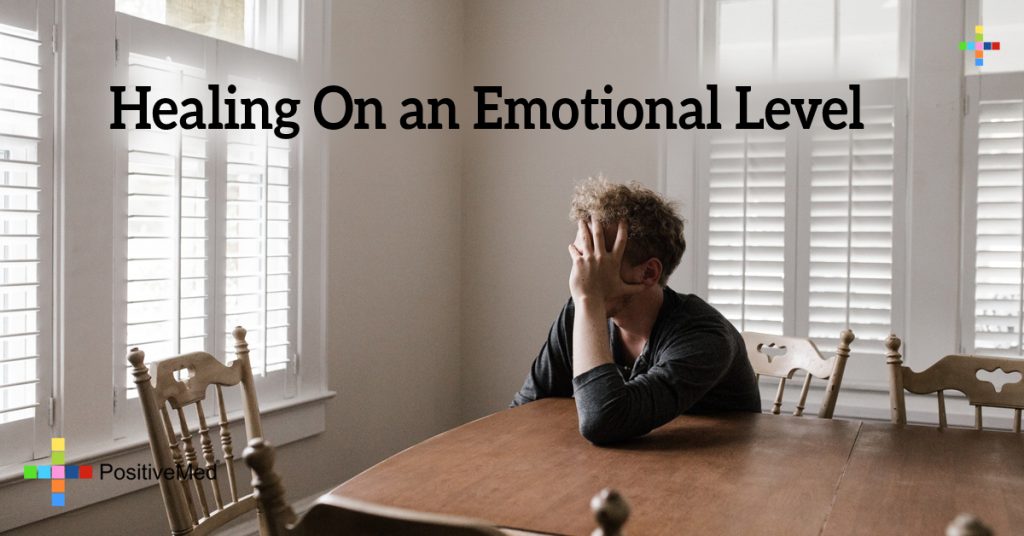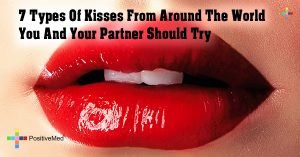
For most of us it’s scary, even thinking about it makes us uncomfortable when it comes to emotional healing. We can be afraid of remembering and dealing again with painful experiences, afraid of being overwhelmed by feelings. If we work on emotional healing it can be liberating, instead of dragging the pain for the rest of our lives we can try to live them peacefully.
We live in a culture that has a limited comprehension of emotional response, in a subtle way we were taught that feelings are irrational, dangerous, unpredictable, and we should keep our feelings under control. The result of this attitude is that at some degree people deny their feelings or try to hide them since we might feel vulnerable and insecure showing them. There are common messages parents send to their kids, not to cry, to be an adult, repressed feelings can arise and be kept unresolved for years.
Many have been taught that we should not feel intense emotions, not even love or joy, because we need to have everything under control. Because of that emotional education, we are unable to recognize negative emotions like fear, sadness, pain, or rage. Some can repress their feelings very well, others are overwhelmed with feelings and dominated by fear or anger, this can take months or even years, you can carry the weight of guilt or fear for a long time, repression is not the healthiest way to deal with negative emotions.
The denial of negative emotions can be dangerous and destructive because we tried to reject and eliminate a fundamental part of ourselves. We cannot get rid of ourselves, this paradox can create intense conflict because we cannot deny our feelings, they need to be expressed. Realize that all feelings are important, even anger and fear are teaching us lessons.

There are emotional tools you can use to build yourself a personal space of acceptance and transformation of your emotions. Healing comes from acceptance, forgiveness, and transformation of negative emotions into positive emotions.
• Quiet- In this hectic world we are often used to multi-tasking, always doing something. This emotional tool is aimed at calming your mind, it is similar to some meditation techniques. The quietness technique means there must be some time you need to be by yourself, in peace, able to be quiet and do things you enjoy.
• Spontaneity- Be more spontaneous, follow your intuition and your healthy impulses, give space to creativity.
• Live without masks- Be authentic with others and yourself, don’t mask your feelings, express your feelings your way, always respecting others.
• Fill your head with love and positive thoughts- We are what we think, our feelings are the product of our experiences and thoughts, having a source of positive emotions is fundamental for emotional healing.
• Live in the present- The future has not arrived, the past is over, the only time we have is the present. This is a difficult insight as we are often thinking what to do next. Focus on the present and live every minute to its fullest. Mindfulness meditation techniques are the secret for achieving this, practiced daily for at least 25 minutes will give incredible results.
• Acceptance- Acceptance of yourself, just as you are, what you have, and your limitations. Don’t compare, don’t judge, everything happens for a reason, knowing the reason is not always important. Eliminate the polarity between good and bad within ourselves and accept that not all things are bad by themselves, we decide how bad and how good things are.
• Awareness- Increase your self-awareness and knowledge. Counseling, spiritual growth, psychotherapy, self-help books, and workshops are great ways to boost your emotional intelligence and transformation.
• Humor- Laughter is relaxing and gives joy and happiness.
Healing On an Emotional Level
By Andre Carvajal
Edited By: Stephanie Dawson





